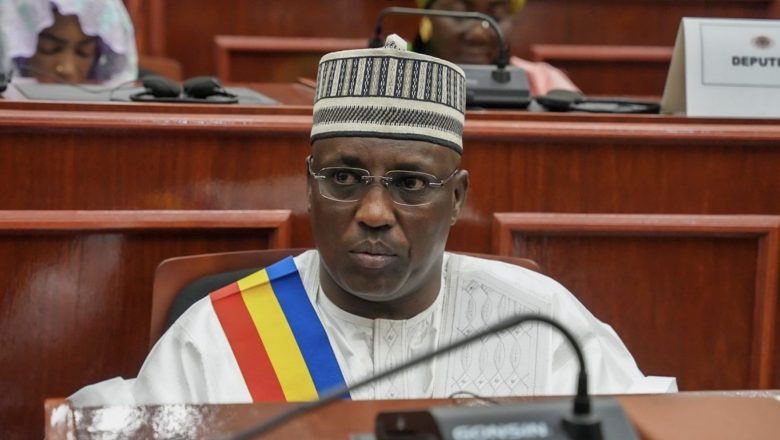
In a landmark statement during the final session of Chad’s National Assembly before the summer recess, Parliamentary President Ali Kolotou Tchaïmi reaffirmed the nation’s full support for the African Union’s declaration of 2025 as the “Year of Justice for Africans and People of African Descent Through Reparations.”
Kolotou Tchaïmi emphasized that Chad not only endorses the AU’s initiative but also stands behind its call for member states to contribute to the creation of a unified African policy on reparations.
“Chad supports 100% the initiative of the African Union declaring the year 2025 ‘the year of justice for Africans and people of African descent through reparations,’” he stated, reinforcing the country’s alignment with a growing continental movement for historical redress.
The National Assembly is expected to formally open debate on the issue of reparations from France as early as this autumn.
This would mark the first parliamentary-level discussion on the legacy of colonialism and its lasting impact on Chadian society and development.
France colonized the territory now known as Chad at the end of the 19th century. The colonial period was marked by forced labor, exploitation of natural resources, and systemic repression. French policies eroded traditional institutions, displaced thousands, and inflicted long-term damage to the local economy and cultural identity.
Today, Chad continues to grapple with socio-economic challenges widely viewed as remnants of that colonial past.
“The scars left behind are deep,” Tchaïmi noted. “They include economic destruction, cultural assimilation, and the loss of national heritage—factors that continue to hinder Chad’s development.”
The parliamentary decision is not only a national move but also a statement of pan-African solidarity. It echoes calls across the continent for former colonial powers, particularly France, to acknowledge their historical responsibilities.
These demands include financial reparations, formal admission of wrongdoing, and the return of looted cultural artifacts.
While France has shown limited willingness to engage in such discussions, including a 2025 pledge to examine reparations for certain colonial-era atrocities like the massacre in Niger, the French government continues to avoid full accountability—drawing criticism from African leaders and civil society.
For many in Chad, reparations represent more than financial compensation. They signify the restoration of dignity, historical truth, and a step toward repairing broken systems. Investments in education, infrastructure, and public services are seen as vital to reversing decades of systemic damage.
The debate in Chad’s parliament could pave the way for broader continental dialogue, signaling a shift toward a future in which African nations engage their former colonizers on equal footing—grounded in justice, respect, and mutual accountability.



